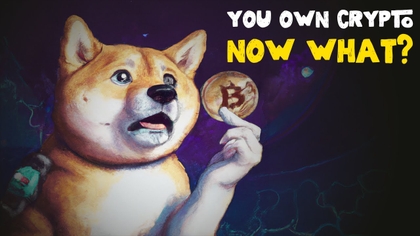South Korea's Financial Services Commission (FSC) has recently released new guidelines defining when non-fungible tokens (NFTs) can be classified as virtual assets, aligning them more closely with crypto.
According to the guidelines, NFTs lacking distinct characteristics from virtual assets will be regulated as cryptocurrencies. This means that NFTs that are produced in large quantities, divisible, and can be used for payments will be classified as virtual assets.
Meanwhile, if the NFTs are not used for economic value, have limited use (such as concert tickets issued in limited quantities), and can't be traded, they will be classified as general NFTs.

Did you know?
Want to get smarter & wealthier with crypto?
Subscribe - We publish new crypto explainer videos every week!
How to Use Crypto? 5 Rewarding Strategies Explained (Animated)


Jeon Yo-seop, the head of Financial Innovation Planning at the FSC, explained in an interview:
For example, if a million NFTs are issued, there is a possibility that they will be transacted a lot and used for payment.
The FSC clarified that they will evaluate each collection individually with no fixed rule for interpreting NFTs as cryptocurrencies.
Moreover, the guidelines state that NFTs may be deemed securities if they exhibit traits outlined in the Capital Markets Act of South Korea.
Therefore, the FSC's new guidelines classify NFTs based on their economic use, the potential for payments, and tradeability.
In other news, due to rule changes in South Korea, charitable organizations are now unable to accept crypto as a form of donation.






















